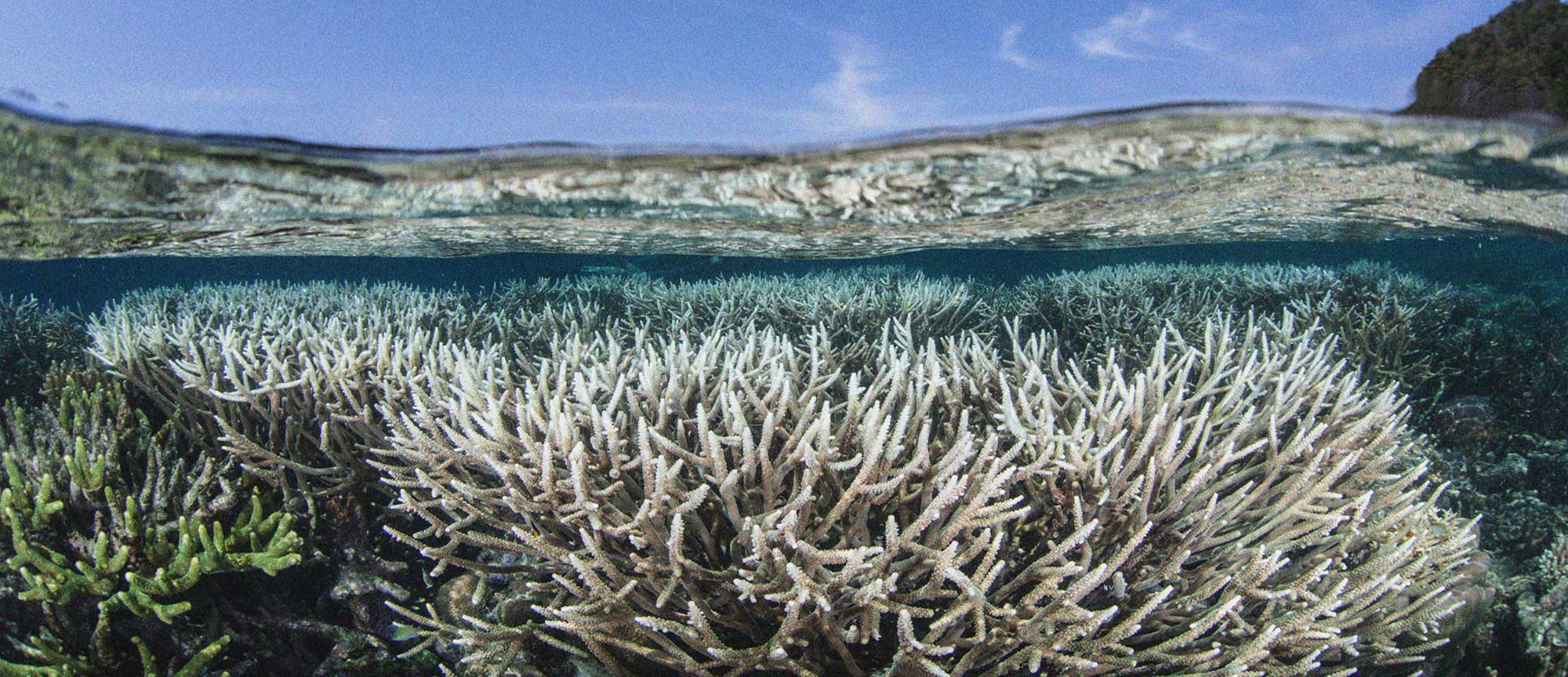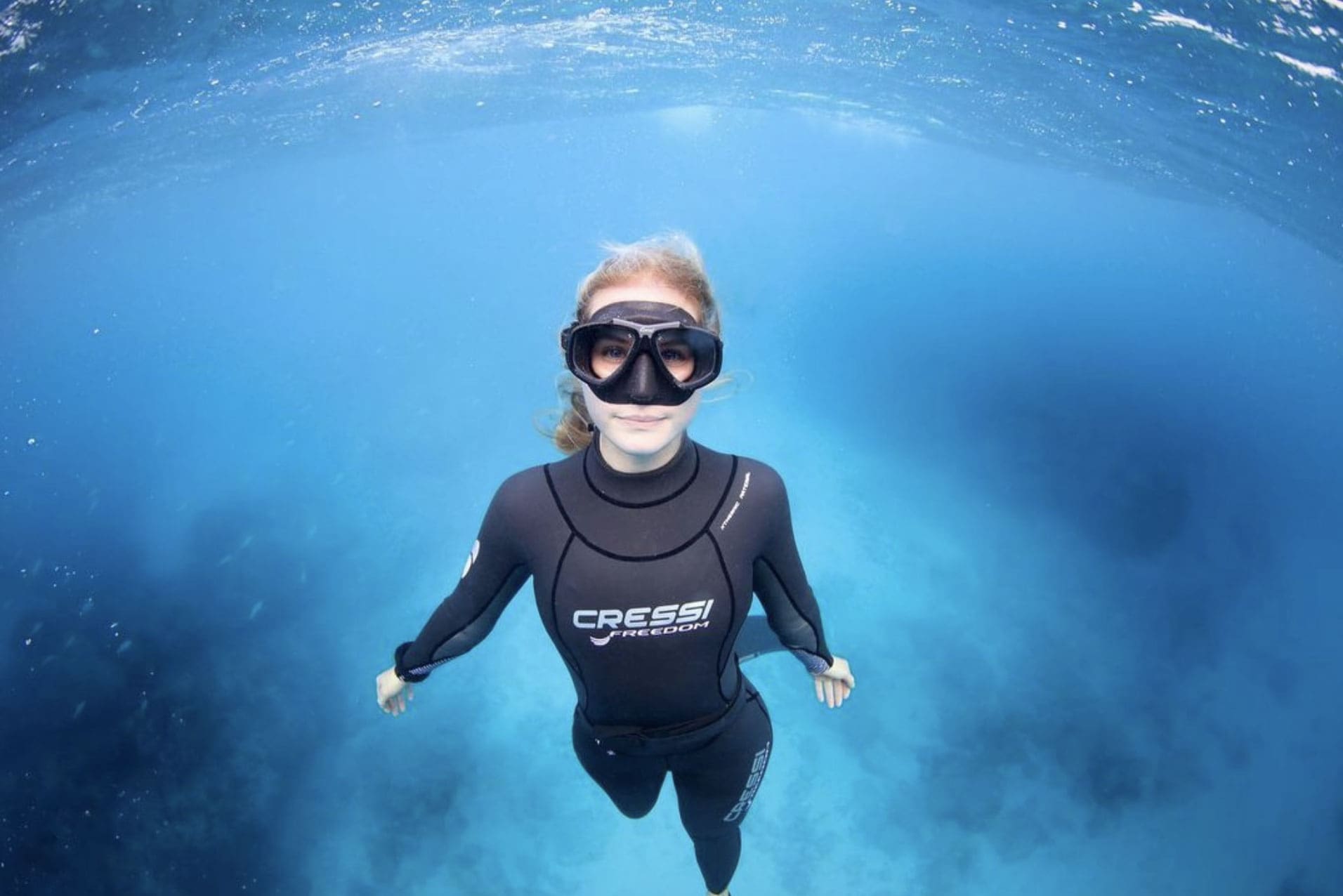If you feel passionate about what is happening to coral reefs in the Florida Keys and around the world, you can act now and protect these beautiful places so humanity can enjoy them now and in the future.
The situation calls for urgent attention and collective efforts to protect fragile ecosystems from further degradation. Individually written letters or phone calls generally carry more weight than petitions.
Your email or letter can have a powerful impact in the following ways
Raising awareness: By reaching out to your representatives, you raise awareness about the critical state of the Florida Keys coral reefs and the urgency of taking action.
Influencing policy: Elected officials are responsive to the concerns of their constituents. Your message can help shape their policy decisions and support legislation protecting the reefs.
Collective voice: When many people express their concerns, it amplifies the message and increases the likelihood of meaningful policy change.
Conservation success: By advocating for reef protection, you contribute to the broader efforts to preserve these ecosystems for future generations.
Your letter does not have to be long to be impactful! It’s a simple two-step process:
- Step 1: Find your representative.
- Step 2: Write an email or letter explaining why ocean health is important to you.
Step 1: Find Your Representatives
If you want to make your voice heard and advocate for policy change, reaching out to your representatives is crucial. The easiest way to find the contact information for your elected officials is to visit the following websites:
For United States senators, see here.
For United States representatives, see here.
You can also look up your state representatives, including Florida, here.
Step 2: Craft Your Message
Being clear, concise, and respectful when writing to your representatives is essential. Here are some key points to include in your email.
- Begin by introducing yourself and stating your concern for the current coral bleaching event in the Florida Keys and why it impacts you specifically.
- Highlight the significance of the coral reefs in the region, emphasizing their ecological importance, economic impact, and cultural value. Please see some examples below.
- Remember to support your writing with sound reasoning and scientific evidence.
Ecological Importance
Biodiversity hotspots: Coral reefs are among Earth’s most biologically diverse ecosystems, supporting an incredible array of marine species. They provide habitat and shelter for numerous marine organisms, including fish, invertebrates, and plants.
Nursery habitats: Many marine species, including commercially important fish, use coral reefs as nursery grounds, where juveniles find protection and food to grow and develop before venturing into open waters.
Coastal protection: Coral reefs act as natural barriers, protecting coastlines from erosion and storm surges by absorbing and dissipating wave energy.
Carbon sink: Reefs play a vital role in carbon sequestration, helping to mitigate climate change by capturing and storing carbon dioxide from the atmosphere.
Economic Impact
Fisheries: Coral reefs support vibrant fisheries, providing food and livelihoods for millions worldwide. They are crucial for sustaining coastal communities and fishing industries.
Tourism: Healthy coral reefs attract tourists worldwide for snorkeling, scuba diving, and other recreational activities. Reef-based tourism is a significant source of income for many coastal economies.
Coastal industries: Reefs contribute to economies by supporting coastal industries such as marine transportation, research, and pharmaceutical development.
Cultural Value
Indigenous and local communities: Coral reefs hold deep cultural significance for many indigenous and local communities. They are often tied to traditions, folklore, and spiritual beliefs, serving as a part of their identity and heritage.
Art and creativity: Coral reefs inspire art, literature, and cultural expressions, showcasing their beauty and importance in human creativity.
Tourism and education: Reefs are crucial in promoting environmental awareness and education. Many people develop a sense of wonder and appreciation for marine life through their experiences with coral reefs.
Express your support: You can support policies prioritizing reef conservation and addressing the underlying causes of coral bleaching, such as pollution and habitat destruction. You can request that they consider supporting legislation for habitat restoration, improving water and air quality, and promoting sustainable marine practices. Urge them to collaborate with other lawmakers to prioritize the protection of coral reefs in their legislative agenda.
National Legislation Examples
The Paris Agreement: This agreement advocates for limiting global temperature rise to below two degrees Celsius above pre-industrial levels. Emphasize backing initiatives promoting renewable energy adoption and reducing reliance on fossil fuels.
H.R.1512 – CLEAN Future Act: This bill establishes requirements and incentives for reducing CO2 emissions. It sets interim goals for emissions reduction by 2030 and aims for net-zero greenhouse gas emissions by 2050. Federal agencies are required to develop plans to achieve these targets.
S.1411 – PROVE IT Act: This bipartisan legislation would measure the carbon emissions of certain goods in the U.S. and other nations, pave the way for a carbon border adjustment mechanism (CBAM), and already has Democratic and Republican support.
Support enacting a carbon fee: This fee would place a steadily rising fee on fossil fuels. Carbon fees support changing the daily behavior of consumers, investors, and enterprises and would dramatically reduce carbon dioxide emissions (CO2). These benefits would come with a limited impact on economic growth.
State Legislation Examples: Florida
- S.119 – South Florida Ecosystem Enhancement Act of 2023: This bill provides support for South Florida ecosystems, including the Florida Keys and Florida’s Coral Reef. It directs the EPA to establish a South Florida Program to assess water quality trends, identify existing or potential water quality problems, and fund ecosystem and educational programs.
- S.617 – COAST Anti-Drilling Act: This bill prohibits offshore drilling for oil, natural gas, or other minerals along the Atlantic Coast, including the Straits of Florida, in the Mid-Atlantic, South Atlantic, and North Atlantic planning areas.
Other States
For communications with legislators outside Florida, consider using the national examples listed above or conduct research to find relevant examples (water quality improvement, marine protected areas, air quality improvement, etc.) specific to your respective state on congress.gov.
Remember, your letter does not have to be long to make its mark. Together, humanity can make a difference and protect the invaluable coral reefs. Your voice matters!
*The points mentioned in this article are not the direct views of Brightmark. As a part of our culture and values, and with our mission at the helm of everything we do, we support ways to protect the natural environment—including the reefs.





